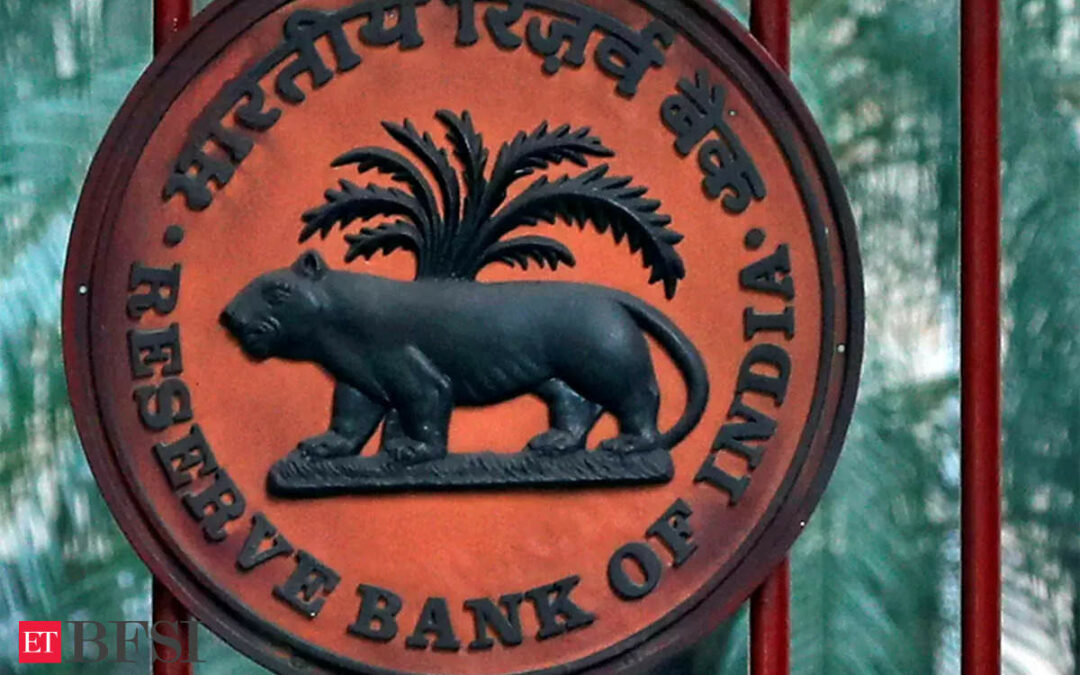Mumbai: Unsecured lending, where banks give out loans without collateral for personal travel and consumption, is likely to hit a speed bump with investors and members of the Reserve Bank of India’s monetary policy committee contemplating lesser loan-to-value (LTV) and higher risk weights, amid rising fears of a wave of defaults.
The RBI recently raised red flags and warned lenders that it might have to step in if banks do not step up monitoring of unsecured loans.
In the recent MPC meeting, member Ashima Goyal said a sudden rise in Indian household debt could be a concern, as per the minutes of the meeting released on Friday. “Prudential tightening, such as raising LTV ratios or risk weights, would be preferable to raising policy rates … After the firm lending-based NPAs, most banks are trying to increase retail loans. These are secured or based on cash or salary flows. But it will help make sure lending continues to be risk-based and internal assessments are robust,” Goyal said.
Her comment concurs with Governor Shaktikanta Das’ post-policy statements, asking lenders to be mindful of the high credit growth in retail which could pose a future risk.
But bankers insist that there is no extra RBI scrutiny on these loans and that the delinquencies are well within limits.
“More than 85% of our loans are to salaried customers who have stable jobs in MNCs, PSUs or large corporates. Our current trends in delinquencies are all under-identified risk levels according to our own and Cibil’s credit scores. What we are seeing is the risk building in the ₹50,000 and below ticket size where the bank does not have any meaningful exposure,” said Sandeep Batra, executive director at ICICI Bank, in a post-results call on Saturday.
Unsecured loans make up just 13.3% of ICICI’s loan book but personal loans and credit cards are one of the fastest growing segments for the bank with year-on-year growth of 40% and 30%, respectively.
For the banking system as a whole, unsecured loans constitute less than 10% of total credit, as more than half of retail loans are mortgages secured by homes or land, though it is up from about 7.5% in 2019, said SBI in report last week.
Bankers are unwilling to concede there is any risk building up, though they don’t rule out tighter regulations. “We are monitoring the portfolio regularly… and there is nothing alarming. Even the RBI has kept a close eye but there has been no extraordinary scrutiny so far,” said a senior executive of a large PSU bank that has built a big portfolio of unsecured loans to salaried employees over five years.
“There is no increase in the intensity of the RBI checks. The threat of default is in fact more on the smaller ticket-size loans where banks are not big players. It is dominated by fintech or NBFCs partnering with them. As far as the banking system is concerned, there have been no abnormalities so far,” said the head of retail loans at a private sector bank.










